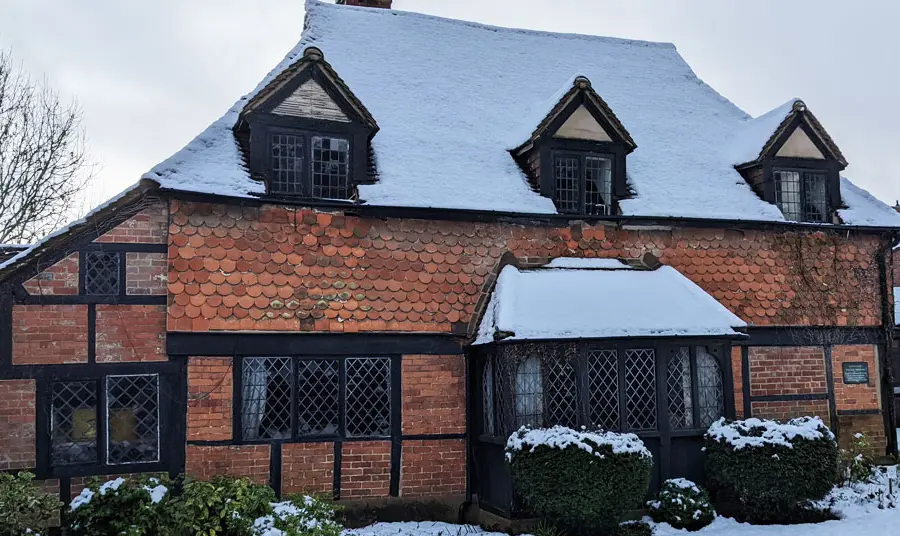
National Lottery Heritage Grants £250,000 to £10 million
The Grade II listed timber-framed building dates back to the 15th century and holds a significant place in the heritage of healthcare in the UK.
Founded in 1859, Cranleigh’s cottage hospital was the first in England to provide accessible healthcare in a rural area. It was also the first to provide free medical services to those who couldn’t afford it – an ethos that paved the way for other cottage hospitals and later contributed to the origins of the NHS.
Restoration and community engagement
Alongside conservation works to restore the medieval building, a new community hub will be developed to educate and engage people with Cranleigh’s history. It will offer activities such as local school visits, guided walks, regular talks and health and wellbeing sessions.
The project will create a digital archive recording the history of Cranleigh, to include oral histories of people’s memories of the cottage hospital.
Training and skills development will be offered to a diverse group of people, including those with English as their second language. Opportunities will include training in archive research, learning about medical plants and guidance on working with neurodivergent individuals. Volunteers will also be trained to share the hospital’s history and its link to the NHS with visitors.
Trevor Dale, Chair of the Cranleigh Heritage Trust, said: “All the hard work of the volunteer team and support from local community bodies and individuals has come to fruition. We are delighted to have been awarded this grant by The National Lottery Heritage Fund, made possible thanks to National Lottery players.”
To find out more about the project, visit the Cranleigh Heritage Trust website.